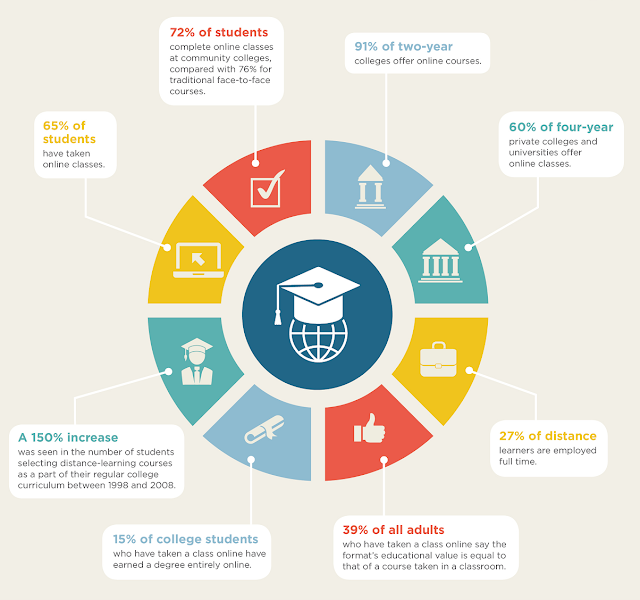My perceptions on online teaching
As a researcher starting a new position at a University, I was quite exited with the idea of taking the role as a teacher. In my mind, being a teacher was to provide education to students in physical classrooms. I immediately started thinking about strategies to motivate students while creating a friendly, fun and engaging environment. Beyond furthering their knowledge of engineering, I wanted to embrace their creativity and develop their critical thinking.
After a couple of months on the job, I found out that the courses offered at our department were mainly given online. My initial though was “What is the fun in that?” How can I connect and engage with the students without a physical classroom and without being able to read their reactions or interact directly?
I therefore did some research on online teaching and learned that other teachers shared my concerns. How can we replicate the pedagogy of face-to-face teaching in a digital environment [1]? I also found out that teachers often don’t know how to teach online as they have little or no experience with online teaching tools and are used to more traditional methods of teaching [2]. But after reading several internet posts on the subject, I realized that online teaching has the potential of making me a better teacher both online and in a physical classroom [1]. Online teaching provide opportunities to work with the students in completely new ways and can help teachers to design better courses.
 |
| Figure 1: Rise in online education in the USA [3] |
The interest for online learning has been increasing in the past years (Figure 1). In my opinion, teachers should take this opportunity to change, adapt and learn while continue giving their best to teach and motivate the students. At this stage, it was clear to me that I needed to learn new techniques and tools to help me becoming the teacher that I wanted to be; and that´s why I enrolled in the “Online Networked Learning” course [4].
This course has been very interesting and mind opening. I can say that the most important outcome during my first month has been the change in my perspective on tools and computer literacies for teaching and online cooperation. I have also realized that I feel like a “resident” [5] in the tools that I use in my private and working settings, but there are still many tools that I haven´t yet explored or even knew existed. The fact that my digital literacy is not as great as that of some of my young students does not bother me. I feel like I am quite flexible, adaptive and always willing to try new approaches.
I am ready to embrace the challenge of teaching online and to connect, engage, motivate and cooperate with students. And most importantly, I think it will be a lot of fun!
References: